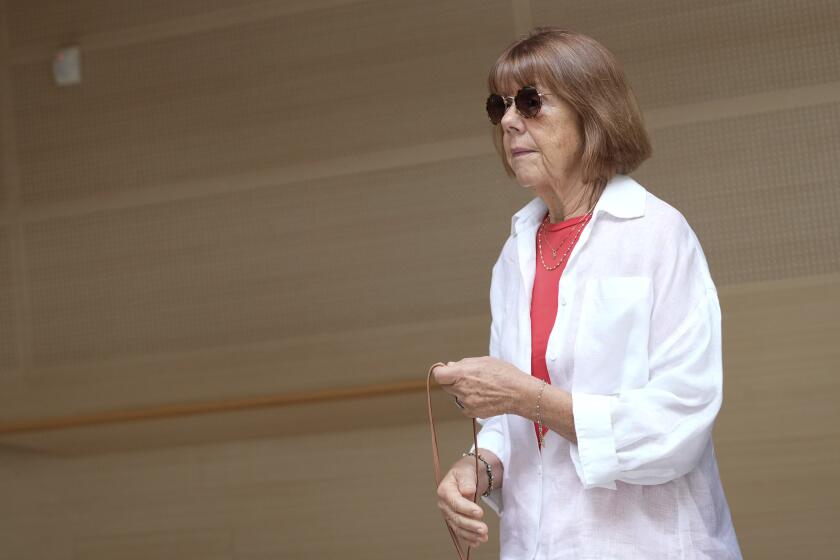Guantanamo tribunal may resume
The Guantanamo Bay war crimes tribunal may stir back to life next month after the Pentagon filed capital charges Wednesday against a Saudi prisoner in the 2000 attack on the U.S. destroyer Cole in a Yemeni port.
Abd al Rahim al Nashiri, 46, must be arraigned within 30 days on the nine murder, conspiracy and terrorism charges filed by the head of the military commissions war court. The Saudi of Yemeni descent is accused of plotting the attack in which two suicide bombers crashed an explosives-laden boat into the destroyer during a refueling stop, killing 17 U.S. sailors and injuring about 40 others.
Five other “high-value detainees” at the U.S. naval base at Guantanamo Bay, Cuba, are also expected to face charges that could bring the death penalty for their roles in the Sept. 11, 2001, terrorist attacks in New York, Pennsylvania and at the Pentagon. Khalid Shaikh Mohammed, a top Al Qaeda figure, has confessed at the military court to masterminding those attacks.
Nashiri and the Sept. 11 suspects had been charged with capital crimes during the George W. Bush administration, but those charges were dismissed two years ago when President Obama ordered a review and reform of the Guantanamo detention facility for terrorism suspects.
The war court, which Obama as a presidential candidate vowed to shut down, has been idle since spring. His attempts to close the prison and move the chief terrorism suspects to U.S. federal courts for trial failed when Congress enacted barriers to their transfer.
A Defense Department announcement of the new charges against Nashiri made no mention of the challenges brought by the Saudi’s defense attorneys to his treatment during four years of secret detention and interrogation before his 2006 transfer to Guantanamo.
Partially unsealed documents say the CIA subjected Nashiri to harsh interrogation techniques, including mock execution, revving a drill near his temple and the simulated drowning exercise known as waterboarding, which U.S. Atty. Gen. Eric H. Holder Jr. has said amounts to torture.
Mohammed, the confessed Sept. 11 mastermind, was also repeatedly subjected to waterboarding, a CIA report has said.
Revised rules for the war court were implemented in 2009, including a bar on coerced evidence. But rules on the admissibility of hearsay that are more lenient than in U.S. civilian courts could allow testimony the government obtained by questioning those named during the tainted interrogations, said David Glazier, a Navy veteran and a Loyola Law School associate professor of national security law.
Glazier said he thought it was misguided for the government to pursue war crimes charges against Nashiri rather than prosecuting him in U.S. civilian court. The October 2000 bombing of the Cole occurred before the U.S. government declared itself at war following Sept. 11, Glazier noted, warning that prosecuting Nashiri as a war criminal “could be construed as saying that a terrorist group can legally create a war.”
More to Read
Sign up for Essential California
The most important California stories and recommendations in your inbox every morning.
You may occasionally receive promotional content from the Los Angeles Times.











